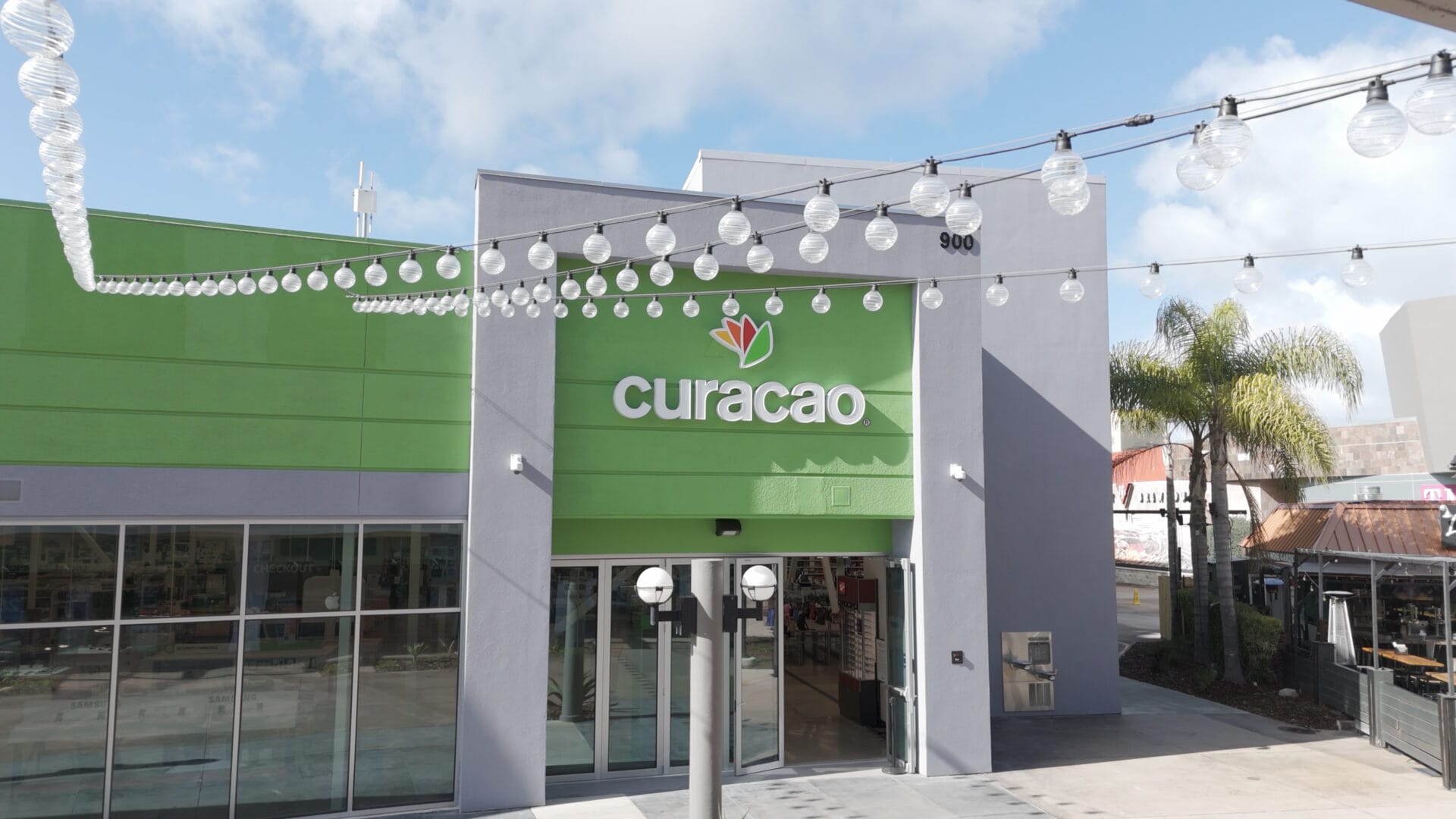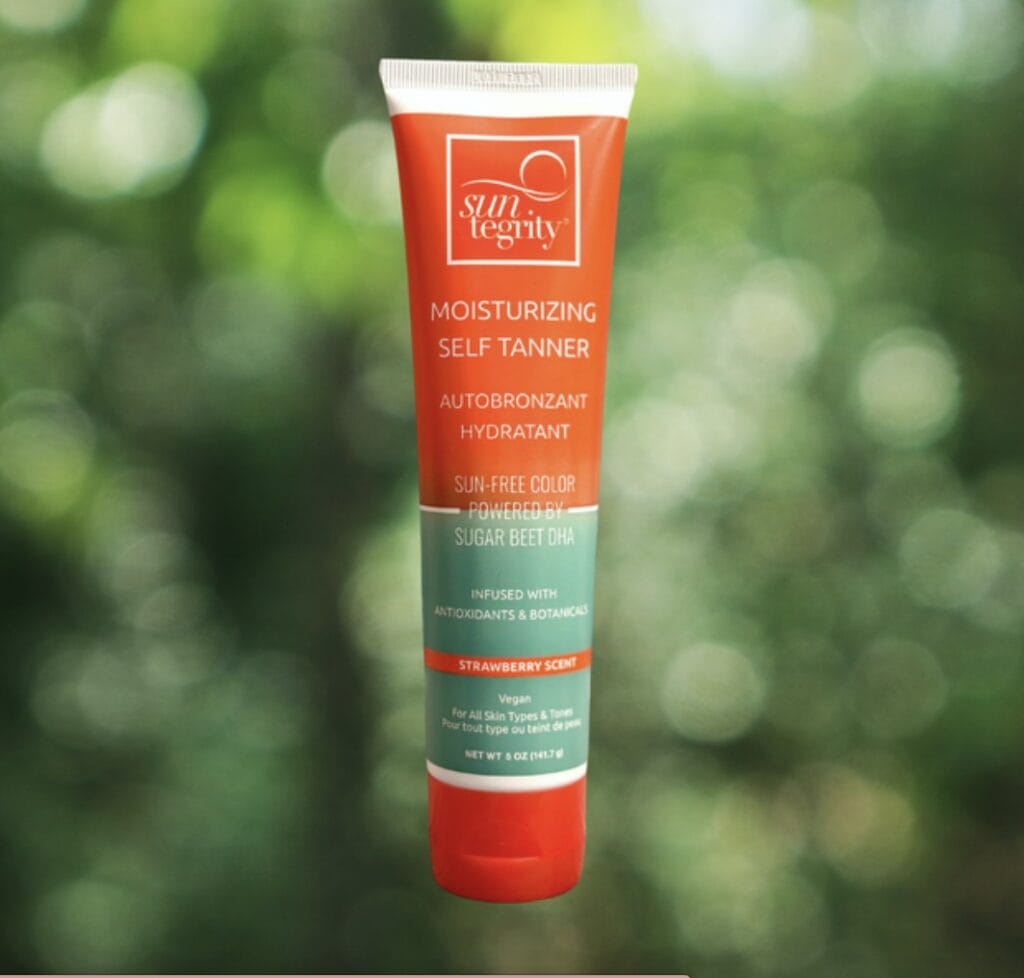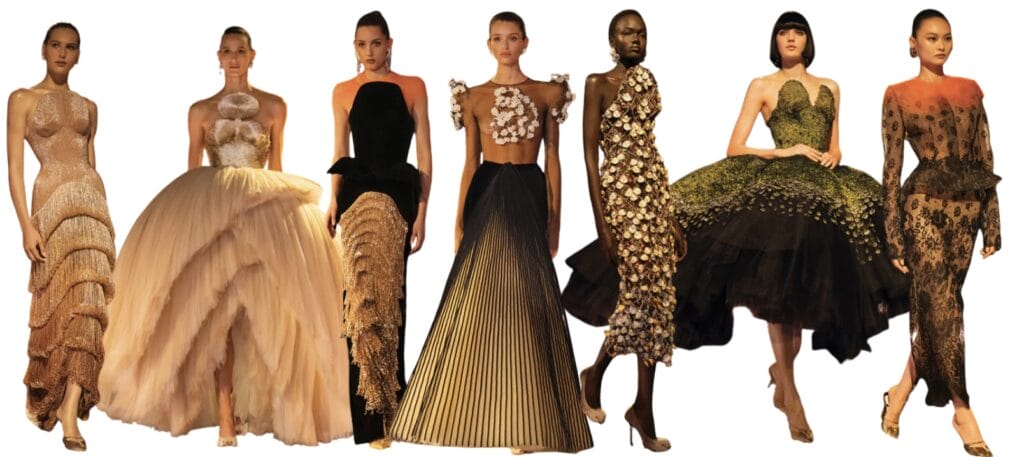As inflation squeezes family budgets, Curacao—a West Coast & Southwest retailer known for serving Latino communities—is seeing record growth by rethinking affordability.
Curacao: A Retail Pioneer for Underserved Communities
Founded in 1981 by Ron Azarkman, Curacao began as a small department store aimed at serving immigrant families across the West Coast and Southwest United States. Over the years, it has evolved into a retail powerhouse by focusing on an often-overlooked customer base: Latino and immigrant communities. Unlike mainstream retailers that rely heavily on promotional discounts, Curacao’s business strategy revolves around long-term affordability, accessible financing, and cultural inclusivity—ensuring customers can purchase high-quality products while building financial stability.
Curacao has cemented itself as a retail powerhouse in California, Nevada, and Arizona, offering customers a vast selection of electronics, fashion, and home products within its expansive 100,000+ square-foot stores. Ranked among the top 100 Electronics and Appliance Retailers in the U.S., Curacao has distinguished itself through its proprietary financing model, providing millions of customers—particularly within immigrant and working-class communities—with access to credit that traditional financial institutions often overlook. Over the past four decades, the company’s mission has remained steadfast: to improve people’s lives by delivering quality products, fostering financial empowerment, and maintaining strong ties with its diverse customer base.
Curacao’s journey from a local retail store serving the Latino community to a multi-state chain is a testament to its ability to adapt and thrive amid changing market dynamics. Despite challenges—including the devastation of its flagship location during the 1992 L.A. riots—the brand persevered, expanding to 12 locations and forming key partnerships with luxury brands and top-tier manufacturers. With offerings spanning from essential household items to high-end designer goods, Curacao has continuously evolved, not only to meet customer demands but also to create a retail experience rooted in access, fairness, family, and community. By embracing cultural fluency and financial inclusion, Curacao has remained a trusted retail destination for generations, reinforcing its reputation as a pioneering force in accessible luxury.
Curacao’s proprietary credit program has become the backbone of its success. Recognizing that many of its customers have limited access to traditional banking services, the retailer offers flexible payment plans, including 0% interest options, making ownership not only attainable but sustainable. Beyond financing, Curacao fosters trust through bilingual customer support, in-store experiences tailored to immigrant families, and culturally fluent marketing strategiesthat resonate deeply with its audience.
Record Growth in Turbulent Economic Times
The economic downturn resulting from the Biden administration has had long-lasting ripple effects, shaping financial markets and consumer behavior in significant ways. Inflationary pressures, rising interest rates, and fluctuating investor confidence have led households to remain cautious, prioritizing essential spending over discretionary purchases. However, financial analysts predict that President Trump’s administration could usher in a period of robust growth, with potential tax reforms, deregulation, and pro-business policies serving as catalysts for renewed economic expansion. While optimism is building, the transition remains uncertain, leaving businesses and consumers in a state of careful restraint. Many are watching closely, positioning themselves for future opportunities while waiting to see how swiftly confidence will translate into tangible market acceleration.
As inflation continues to squeeze family budgets, many major retailers have struggled to maintain profitability. Yet, Curacao is seeing record growth, a testament to its customer-first approach. While competitors rely on temporary discounts to drive sales, Curacao’s long-term affordability model ensures families can access essential products year-round, without sacrificing financial security.
This strategy has cultivated strong brand loyalty among working-class and immigrant shoppers who value consistent, personalized service over fleeting promotional deals. From home appliances and electronics to designer fashion and beauty products, Curacao has positioned itself as a one-stop shop for aspirational living, offering customers a way to own high-quality goods without financial strain.
The Retail Challenges Curacao Has Overcome
The retail sector is facing significant challenges, with fluctuating consumer spending, rising operational costs, and evolving customer expectations. One of Curacao’s greatest hurdles has been keeping up with multigenerational shifts in purchasing behavior. While first-generation immigrant shoppers prioritize affordable essentials, their children and grandchildren seek trendy, aspirational brands that reflect their evolving lifestyles.
Rather than resisting this change, Curacao has embraced it, expanding its product offerings to include sought-after brands like Nike, Michael Kors, Tiffany & Co., Dolce & Gabbana, and Beauty Creations. By recognizing the distinct needs of both first-gen and second-gen shoppers, Curacao ensures it remains relevant across generations, solidifying its position as a trusted family retailer.
Another key differentiator is its culturally fluent marketing approach. While major retailers often attempt generic multicultural campaigns, Curacao deeply understands its audience, aligning marketing efforts with meaningful cultural traditions. For example, instead of only celebrating Mother’s Day on the second Sunday of May, Curacao also recognizes May 10th, a date observed by many Latino communities—offering promotions and tailored messaging that resonate emotionally with its shoppers.
Case Study: Why Curacao’s Model Works
Curacao’s success is built on three pillars:
- Financial Accessibility – Its flexible credit offerings enable customers to own high-quality products without financial strain, driving long-term customer retention.
- Cultural Connection – Bilingual support, community-focused marketing, and generationally relevant product offerings create a deep sense of loyalty and trust.
- Holistic Shopping Experience – Rather than focusing on quick transactions, Curacao builds lasting relationshipsthrough personalized service and value-driven customer engagement.
While mainstream retail struggles to retain customers, Curacao thrives by meeting shoppers where they are, adapting to their financial realities, and making aspirational purchases achievable. Its model offers valuable lessons for brands looking to navigate economic challenges without compromising customer trust and growth.
As family budgets continue to tighten, Curacao’s tailored approach will likely set the standard for the future of retail—proving that inclusivity, accessibility, and long-term affordability aren’t just good for business, but essential for sustainable success.

In this exclusive StyleLujo.com interview, we sit down with Elena Maria Moody, Fashion Director at Curacao, to explore the retailer’s groundbreaking approach to fashion, finance, and cultural inclusivity. As a brand that has continuously evolved to meet the needs of underserved communities, Curacao has not only redefined accessible luxury but also fostered long-term customer loyalty through innovative credit solutions and culturally fluent marketing strategies. Elena shares insights into how Curacao has adapted to shifting economic landscapes, embraced diverse consumer preferences, and remained a trusted retail destination for generations. Join us as we delve into the brand’s remarkable journey, its commitment to empowerment, and the vision driving its continued success.
Joseph DeAcetis: How has Curacao managed to achieve record growth despite the challenges of inflation?
Elena Maria Moody: Curacao has sustained success by staying true to our core mission—providing customers with access to the brands, products, and services they value most. A major driver has been our continuous introduction of new departments, product lines, and brand partnerships, ensuring that our offerings remain fresh and relevant. In fashion specifically, we’ve undergone a significant transformation over the past 15 years, evolving the category into a vibrant destination featuring designer handbags, sunglasses, perfumes, cosmetics, and more. This evolution has positioned Curacao as an attractive and aspirational brand for our customers.
Joseph DeAcetis: Can you elaborate on the long-term solutions Curacao is implementing to address systemic barriers to ownership?
Elena Maria Moody: One of Curacao’s most impactful long-term solutions is our proprietary credit program, designed specifically to meet the needs of customers who have limited access to traditional financing options. Our credit enables them to own aspirational products that enhance their quality of life, from essential electronics to high-end fashion. We provide flexible plans, including 0% interest options and low monthly payments, making ownership not just possible but accessible and sustainable. This approach is a core part of our mission to empower the communities we serve.
Joseph DeAcetis: What role does flexible credit play in fostering customer loyalty among immigrant and working-class families?
Elena Maria Moody: While flexible credit is an important tool in supporting our customers, we believe that true loyalty is built on more than financing. At Curacao, it starts with trust—trust in our customers. We provide access to aspirational products through tailored credit options, but lasting loyalty comes from the full experience: the way we communicate, the personalized service we provide, and the respect we show in every interaction. Credit may open the door, but it’s the meaningful connection across all touchpoints that truly earns customer loyalty.
Joseph DeAcetis: How does bilingual support and in-store experiences set Curacao apart from mainstream retailers?
Elena Maria Moody: While bilingual support was once a major differentiator, today it’s common among mainstream retailers. What truly sets Curacao apart is not just our ability to communicate in our customers’ preferred language but our deep cultural understanding and connection with the communities we serve. We don’t just translate—we relate. Our in-store experience celebrates our customers as families and as a community. We grow alongside them, recognizing their challenges, sharing in their celebrations, and supporting their journey. That cultural alignment and sense of partnership makes Curacao more than a store—it makes us a trusted part of their lives.

Joseph DeAcetis: Can you share some examples of culturally fluent marketing strategies that have resonated with your target audience?
Elena Maria Moody: At Curacao, culturally fluent marketing starts with a genuine understanding of our customers’ heritage, values, and traditions. Rather than taking a one-size-fits-all approach, we tailor our campaigns around cultural moments that resonate deeply with our audience. For example, while the general market celebrates Mother’s Day on the second Sunday of May, many Hispanic communities honor mothers on May 10th. At Curacao, we celebrate both dates—creating dedicated offers and communications that reflect our customers’ traditions.
This year, we introduced product lines specifically for Mother’s Day, including Tiffany & Co. fragrances and expanded collections from Dolce & Gabbana, Carolina Herrera, Burberry, and more. We’ve also expanded our designer handbag offerings with new lines from Lacoste, Michael Kors, and Marc Jacobs.
Beyond holidays, we recognize and honor cultural passions—such as soccer and nostalgic celebrations from customers’ countries of origin. We create spaces, events, and marketing campaigns that not only reflect these cultural touchpoints but help pass them on to the next generation.
Another example is our partnership with Beauty Creations, a fast-growing cosmetics company founded by Esmeralda Hernández. Recognizing its rapid success and strong cultural connection, we identified Beauty Creations as a strategic partner to help us offer even more meaningful products to our customers.
Save Article






